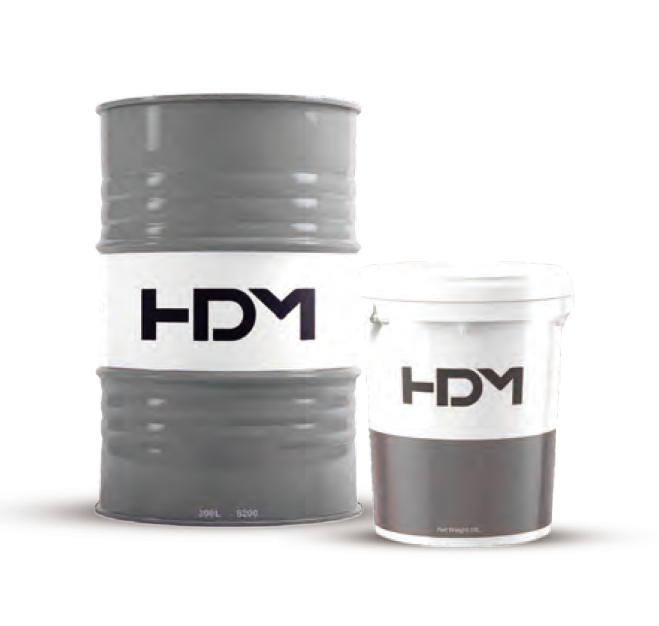Hydraulic oil is somewhat compressible, which can cause problems in hydraulic systems. Aspects such as temperature changes and the presence of air bubbles in the hydraulic fluid can affect compressibility, leading to uncontrolled decompression and other compressibility-related problems.
Hydraulic fluids are relatively incompressible, but will lose significant volume depending on pressure, temperature, fluid type and system design.
Compressibility and Bulk Modulus of Hydraulic Oils
Compressibility (k) is a measure of the reduction in volume due to pressure alone. It is usually expressed in terms of bulk modulus (β), which is the inverse of compressibility (k=1/β).
Bulk modulus represents a fluid's resistance to volume reduction caused by compression. Bulk modulus varies with pressure, temperature, molecular structure, gas content and elasticity of the hydraulic system.
thermal expansion of hydraulic oil
The volume of a particular hydraulic oil will not only change due to changes in pressure, but also due to changes in temperature. As the temperature increases, the density of the oil decreases, resulting in an increase in volume. This degree of expansion is expressed as the coefficient of thermal expansion (α). The coefficient is the ratio of the relative change in volume to the change in temperature.
How Air Bubbles Affect Compressibility
The presence of air bubbles in the hydraulic fluid increases compressibility. In other words, dissolved air reduces the bulk modulus of the mineral oil and therefore reduces the resistance to compression. This effect is especially pronounced at low operating pressures, as the fluid is pressurized, the entrained air is compressed and has less effect on compressibility.
For example, at low pressure (50 Bar) (1 Bar = 1 10 -1 MPa) and 0.5 %-Vol. The bulk modulus of undissolved air is halved. The volume loss of mineral oil (ISO VG 46) at 20 ºC with no dissolved air in the system is shown in Figure 2.
How System Design Affects Compressibility
The elasticity of the system adds up to the total compressibility (reduction in bulk modulus) of each individual component in the hydraulic system. Even if the contribution of the hydraulic fluid to the effective bulk modulus dominates, the contributions of other system components (piping, seals, valves, hoses, etc.) may also be important. This is especially the case, for example, if (flexible) hoses are used instead of pipes.
Negative Effects of Compressibility
Generally, hydraulic fluids are considered incompressible. However, mineral oils are compressible to a certain extent, which can cause problems in hydraulic systems such as loss of efficiency (loss of power), cavitation (which can lead to metal fractures), stress corrosion and fatigue. Compression of the hydraulic fluid results in energy storage, and the compressed fluid has work capacity. If the decompression is not controlled, the stored energy is released instantaneously. This sudden release of energy creates pressure and noise and can damage hydraulic components. This effect can be controlled by good system design.
How to Avoid High Compressibility in Hydraulic Fluid Systems
In practice, the main requirement of acceptably low compressibility is met by ensuring that the hydraulic fluid is free of entrained air. Good air release properties significantly reduce fluid compressibility, reducing volume loss and attendant problems.









